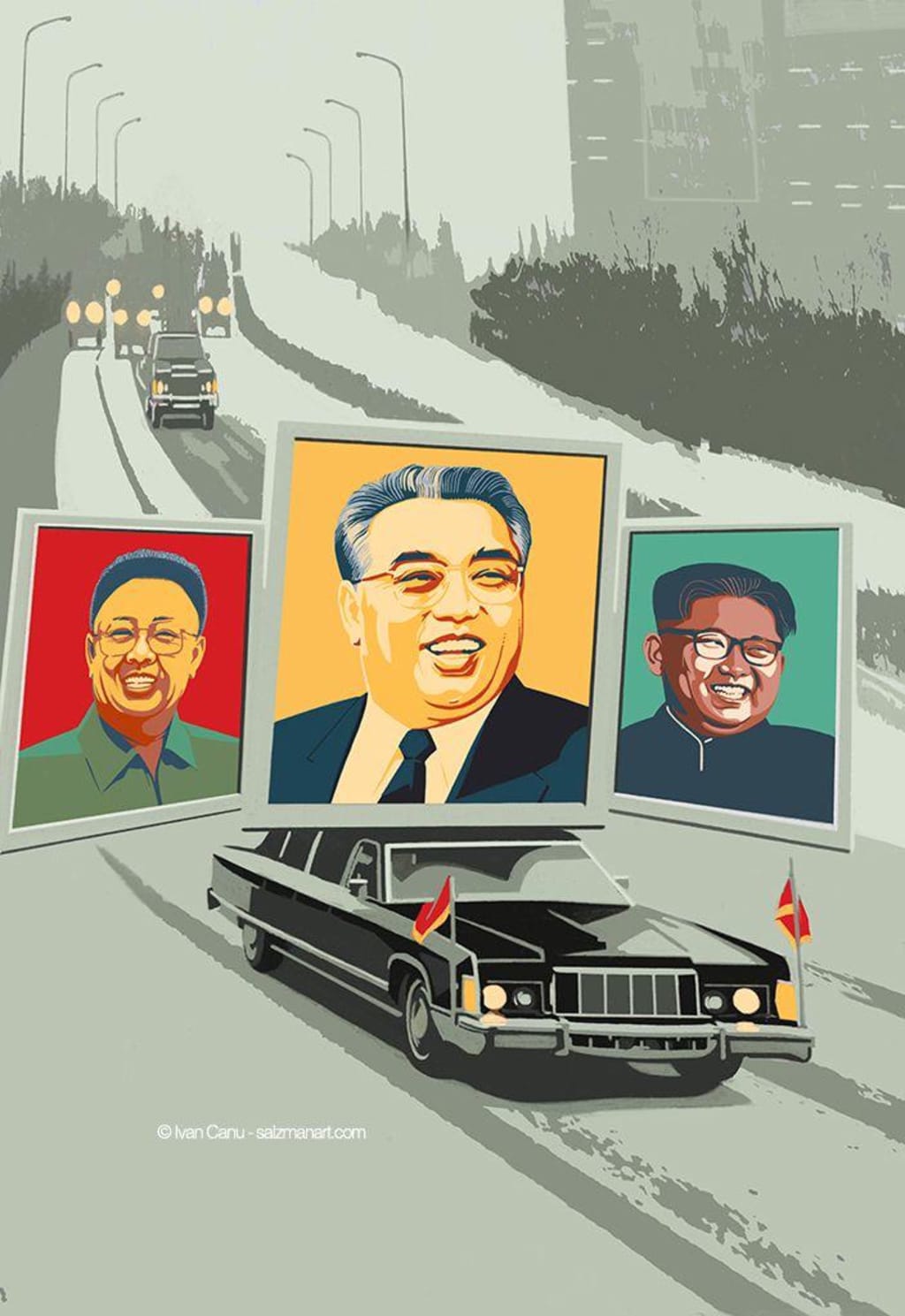North Korea: The Hermit Kingdom
What you need to know about North Korea?

North Korea: The Hermit Kingdom
Introduction
North Korea, officially known as the Democratic People's Republic of Korea (DPRK), is a sovereign state located in East Asia's northern part of the Korean Peninsula. It shares borders with China to the north, Russia to the northeast, and South Korea to the south. The Korean Peninsula was once a unified country with a rich history dating back over 2,000 years. However, following the end of World War II in 1945, Korea was divided into two separate occupation zones, leading to the establishment of North Korea under communist leadership and South Korea under a democratic government.
1. Historical Background
1.1 Ancient History
Korean history is characterized by its rich cultural heritage, including the Goguryeo, Baekje, and Silla kingdoms, which played crucial roles in shaping the Korean identity.
1.2 Japanese Occupation
From 1910 to 1945, Korea was under Japanese colonial rule, which profoundly impacted the Korean people and fueled nationalist sentiment.
1.3 Division of Korea
At the end of World War II, the Korean Peninsula was divided along the 38th parallel into the Soviet-controlled North and the U.S.-controlled South, leading to the establishment of the DPRK in 1948.
1.4 Korean War
In 1950, the Korean War erupted when North Korea invaded the South. The war lasted until 1953 when an armistice agreement was signed, creating the Korean Demilitarized Zone (DMZ), a heavily fortified buffer zone that separates the two countries.
2. Political System
2.1 The Kim Dynasty
The political system in North Korea is characterized by a dynastic leadership, with a strong cult of personality around the ruling Kim family. Kim Il-sung, the country's founder and "Eternal President," established the Juche ideology, emphasizing self-reliance, militarism, and the state's absolute sovereignty.
2.2 Succession of Power
After Kim Il-sung's death in 1994, his son, Kim Jong-il, took power. In 2011, after Kim Jong-il's death, his youngest son, Kim Jong-un, assumed control, becoming the third leader of the Kim dynasty.
2.3 One-Party System
The Workers' Party of Korea (WPK) is the only legal political party in North Korea, and the party's Central Committee and Politburo hold significant power.
3. Economy
3.1 Centralized Planned Economy
North Korea operates under a centralized planned economy, with the government controlling most aspects of economic activity. However, chronic economic mismanagement and international sanctions have led to a struggling economy.
3.2 Agriculture and Food Insecurity
Agriculture is a crucial sector in North Korea, but frequent food shortages and famines have plagued the nation, resulting in significant humanitarian challenges.
3.3 Nuclear Program and International Sanctions
North Korea's pursuit of nuclear weapons has been a major point of concern for the international community, leading to severe economic sanctions imposed by the United Nations and individual countries.
4. Society and Culture
4.1 State Control and Censorship
The North Korean government exercises strict control over its citizens' daily lives, including media, information, and freedom of expression. The country is known for its pervasive surveillance system and limited access to the internet.
4.2 Human Rights Concerns
North Korea faces widespread criticism for its human rights record, including political repression, arbitrary arrests, forced labor camps, and limited freedom of movement.
4.3 Propaganda and Indoctrination
The government utilizes propaganda extensively, promoting loyalty to the state and the ruling Kim family through a wide range of mediums, including art, music, and mass performances.
5. International Relations
5.1 Relations with South Korea
Inter-Korean relations have been characterized by periods of tension and occasional diplomatic breakthroughs. Talks and agreements between North and South Korea have aimed at easing tensions, such as the 2018 Panmunjom Declaration and the 2019 Pyongyang Joint Declaration.
5.2 Relations with the United States and Nuclear Negotiations
North Korea's nuclear program has been a significant point of contention in its relations with the United States. Several attempts at negotiations and diplomatic efforts, such as the Six-Party Talks, have taken place in an attempt to denuclearize the Korean Peninsula.
5.3 China and Regional Influence
China is North Korea's most important ally and trading partner. Beijing has historically supported North Korea, although it has also supported United Nations sanctions to some extent in response to North Korea's nuclear tests.
Conclusion
This overview of North Korea provides a glimpse into its history, political system, economy, society, culture, and international relations. The country's closed nature and limited access to information make it a challenging subject to fully grasp. However, understanding North Korea is crucial for comprehending regional dynamics in East Asia and the ongoing efforts to promote peace and stability on the Korean Peninsula.
About the Creator
Enjoyed the story? Support the Creator.
Subscribe for free to receive all their stories in your feed. You could also pledge your support or give them a one-off tip, letting them know you appreciate their work.





Comments
XO_XO1 is not accepting comments at the moment
Want to show your support? Send them a one-off tip.